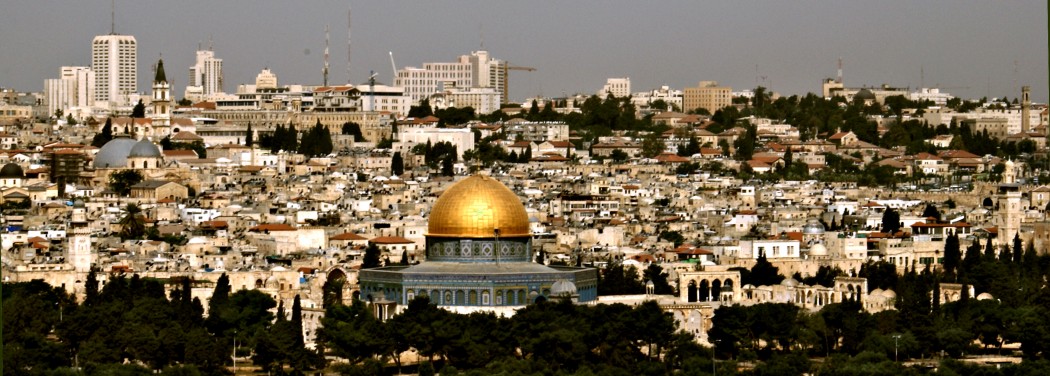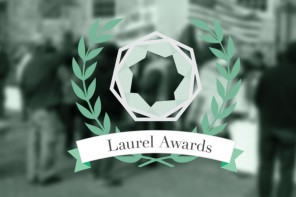David Schacter is the inventor of CannabiScope, an interactive cannabinoid mapping system that revolutionizes the way consumers choose the perfect cannabis strain. He has lived in Tel Aviv, giving him a unique viewpoint on one of the world’s most progressive medical cannabis programs.
There are some major differences between the way medical marijuana systems works in California compared to Israel.
In California, it is now possible to arrange a video interview with a doctor (24/7). The quick chat most likely will result in prescription of an official state medical license, all of which happens within a matter of minutes. The doctors are connected with dispensaries and delivery services, making it convenient for consumers who may need renew their licenses, which expire after one year.
In Israel, the situation couldn’t be more opposite. To be a medical cannabis patient, you have to suffer from one or more serious conditions. After trying nearly every pharmaceutical possible, a patient just might get a license, if he or she asks over and over again. Cannabis as a medicine is still seen as a “last resort,” as many times the prescriptions written are for those cancer patients who are seeking pain relief during their final days. However, that being said, Israel does have the highest per capita rate of prescribed medical cannabis patients per country with a population of nearly 8 million.
The medical marijuana system in Israel is not perfect, but it’s doing something that no other country has been able to do; and that is provide medical cannabis as part of the national health care system.
The Israeli system provides medical-grade cannabis to patients, going as far as having supervisors monitor the way the patients medicate (pre -rolled joints, vaporizers, topicals and edibles) while at the hospitals and health centers.
Post-Traumatic Stress Disorder (PTSD) is accepted as a condition which may qualify a person to receive cannabis as relief, and since there is a mandatory draft for both men and women at 18 years old, there is a high likelihood that more prescriptions will be written to treat military personnel in the near future.
Israeli citizens have guaranteed health insurance, which is taken from taxes, but unlike European health care systems, Israel includes cannabis as a medication; whereas in Germany patients must pay for cannabis medication in addition to their normal health care costs.
Pending a Supreme Court Decision on the topic, Israeli Deputy Health Minister Yakov Litzman said that there will be an increase in the amount of doctors authorized to prescribe cannabis, which will result in more patients. The new law will allow for cannabis prescription to be picked up at any pharmacy just like every other prescribed medication. The expansion of the system will require more products and cultivation in order to meet the demands.
Israeli patients are prescribed a certain amount of cannabis per month, depending on their symptoms and conditions. Prescriptions typically range from 20-40 grams per month. I have seen a patient who was given 120 grams, but they were very ill at the time, while losing their fight with cancer.
Each patient pays the same amount for the medication, no matter what the prescribed amount. The monthly fee, which is partially subsidizes, is only 300 – 400 Shekels, which is the equivalent of approximately $75-100.
In October, Colorado Governor John Hickenlooper led a group from Colorado around the world for business development. In Israel, the group meet with Israeli Heads of State P.M. Netanyahu and President Perez, and a slew of other professionals to establish long term relationships. While the official meetings dealt with important issues such as renewable energy, water conservation, biofuels and the aerospace sectors; having a spokesman like Gov. Hickenlooper out there campaigning to the world that the sky hasn’t fallen since prohibition ended, is priceless.
“The whole world is looking at Colorado and watching what has happened during the past few years since cannabis was legalized. Colorado is now looking towards Israel for research and technology to help foster in the new green wave.”
The climate in Israel is ideal for growing cannabis, including strains with high THC and CBD values. They have a vast amount of experience in pharmaceuticals and agriculture, meaning it will not be long before Israel becomes a world exporter in cannabis related pharmaceutical products, exceeding their exports arms.
Croatia and Israel have had friendly relations in the past pertaining to researching medical cannabis and its applications. Australia is heavily pushing to open up medical use for their citizens, and the new Prime Minister of Canada has said that legalization is next for his country.
While there are some in Israel who are still reluctant, and don’t believe that Israel will ever export cannabis, there is a wide perception that things have already changed, and it’s just a matter of time until the laws catch up to society.
There is one thing that Americans can expect from Israel, and that is that Israel will continue to work towards scientific research and technological development in the cannabis sector.









